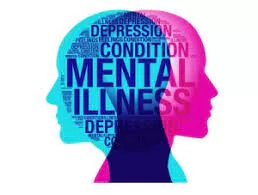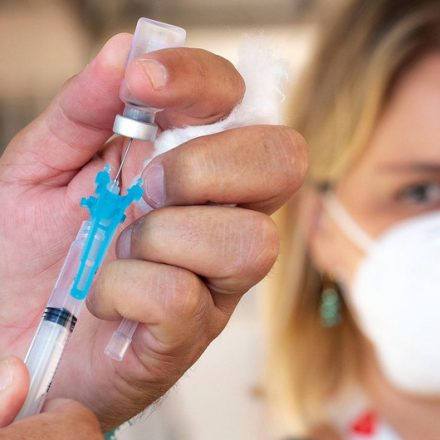In a groundbreaking inclusion, the Economic Survey 2023-24, presented by Union Finance and Corporate Affairs Minister Nirmala Sitharaman in Parliament on Monday, delves into the economic impact of mental health. The Survey underscores the critical link between mental health disorders and “significant productivity losses,” emphasizing the profound implications for policy and economic planning.
The Survey provides an extensive discussion on mental health, detailing its importance and the resultant economic ramifications. Mental health disorders are attributed to “absenteeism, decreased productivity, disability, increased healthcare costs, among others,” which collectively lead to substantial productivity losses.
Drawing on data from the National Mental Health Survey (NMHS) 2015-16, the Survey reveals that 10.6 percent of adults in India suffer from mental disorders. Alarmingly, the treatment gap for these disorders ranges between 70 percent and 92 percent, varying across different conditions. Urban metro regions exhibit a higher prevalence of mental morbidity (13.5 percent) compared to rural areas (6.9 percent) and urban non-metro areas (4.3 percent).
The Economic Survey also highlights poverty as a significant factor contributing to mental health issues. Stressful living conditions, financial instability, and limited opportunities for upward mobility are cited as key contributors to heightened psychological distress.
The Covid-19 pandemic has further exacerbated poor mental health, particularly among adolescents. Referencing the NCERT’s Mental Health and Well-being of School Students Survey, the Survey notes that 11 percent of students reported feeling anxious, 14 percent experienced extreme emotions, and 43 percent suffered from mood swings.
To address the rising burden of mental health cases, the Survey outlines several government initiatives and policies. Key measures include the National Mental Health Programme and the National Tele Mental Health Programme, aimed at increasing access to mental health services. The government has also sanctioned 25 Centres of Excellence to boost the intake of postgraduate students in mental health fields.
Additionally, mental health services have been provisioned for 22 AIIMS institutions, with online training courses provided via digital academies to enhance the skills of general healthcare and paramedical professionals. The Survey stresses the importance of policy recommendations such as increasing the number of psychiatrists and incorporating mental health sensitization at the preschool and Anganwadi levels for early identification of disorders.
The inclusion of mental health in the Economic Survey 2023-24 marks a pivotal step in recognizing and addressing the economic and social impacts of mental health disorders in India.












